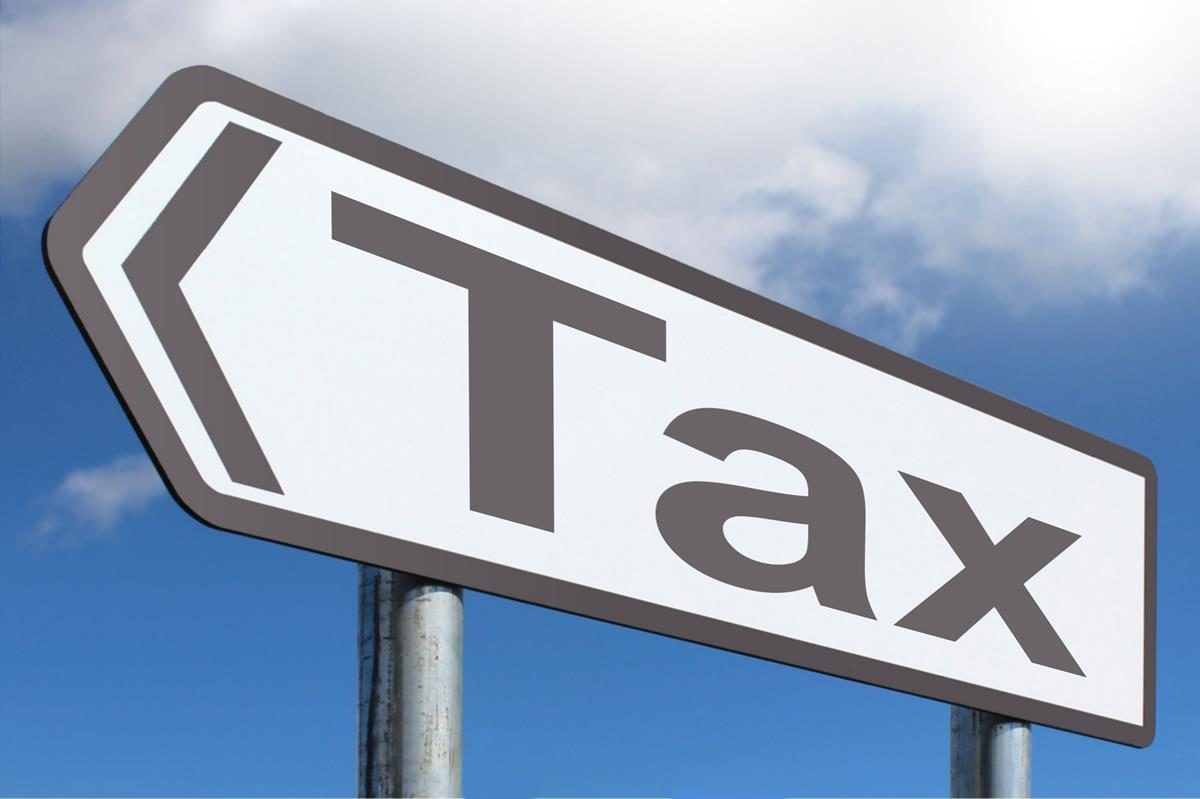The Delhi High Court has asked the Goods and Services Tax (GST) Council to re-evaluate the tax regime applied to solar power projects.
The court has asked the council to review the matter in discussion with the Central Board of Indirect Taxes and Customs and the Ministry of New and Renewable Energy.
The order came in response to a writ filed by industry body the Solar Power Developers Association, which wants the GST rate to be set at a flat 5% for all aspects of “solar power generating system” deployment. The overall tax rate for solar plants rose to 8.9% at the start of the year, following a recommendation made by the GST Council on December 22 that only 70% of the cost of PV projects would qualify for the 5% rate, because the balance concerned the provision of services which should pay a higher rate.
“Certain disputes have arisen regarding GST rates where specified goods attracting 5% GST are supplied along with services of construction etc, and other goods, for solar power [plants],” stated the minutes of the GST Council meeting in December. “To resolve the dispute, the council has recommended that in all such cases … 70% of the gross value [of PV projects] shall be deemed as the value of supply of said goods, attracting [a] 5% rate, and the remaining portion (30%) of the aggregate value of such EPC [engineering, procurement and construction contracts] shall be deemed as the value of supply of taxable [services] attracting [the] standard GST rate.”
Two months to comply
The Delhi court has given government body the GST Council two months to apply a flat 5% rate for solar projects. The next hearing in the case is scheduled for August.
“Between divergent AARs [authorities for advance rulings, enabling the income tax liability of non-Indian entities to be determined in advance] and an ad hoc basis of fixing a presumptive valuation [divided] between goods and service, the solar sector has had a chaotic induction into GST … [but] holds out hope of a quick and definitive solution to this long-standing problem of the solar industry,” said Rohan Shah, the counsel who represented the industry at the high court.
The Indian government and solar industry have locked horns over GST since a new regime was introduced in July 2017.
As solar power generating systems were not defined in the law at the time, chaos ensued about which taxation rates would apply to PV projects.
The Supreme Court had ruled solar plants would be considered immovable property and would therefore attract an 18% GST rate as ‘works contracts’. An AAR ruling also deemed the establishment of solar projects should be classified as works contracts, as they consist of the supply of goods and services packaged into an immovable property.
That represented a thumping rise from a previous tax rate of less than 5% levied on solar power projects. The 5% rate was a net figure that included roughly 10% of plant development costs having a 15% service tax levied upon them.
This content is protected by copyright and may not be reused. If you want to cooperate with us and would like to reuse some of our content, please contact: editors@pv-magazine.com.








By submitting this form you agree to pv magazine using your data for the purposes of publishing your comment.
Your personal data will only be disclosed or otherwise transmitted to third parties for the purposes of spam filtering or if this is necessary for technical maintenance of the website. Any other transfer to third parties will not take place unless this is justified on the basis of applicable data protection regulations or if pv magazine is legally obliged to do so.
You may revoke this consent at any time with effect for the future, in which case your personal data will be deleted immediately. Otherwise, your data will be deleted if pv magazine has processed your request or the purpose of data storage is fulfilled.
Further information on data privacy can be found in our Data Protection Policy.